Home>Gardening & Outdoor>Landscaping Ideas>What Type Of Bermuda Grass To Have
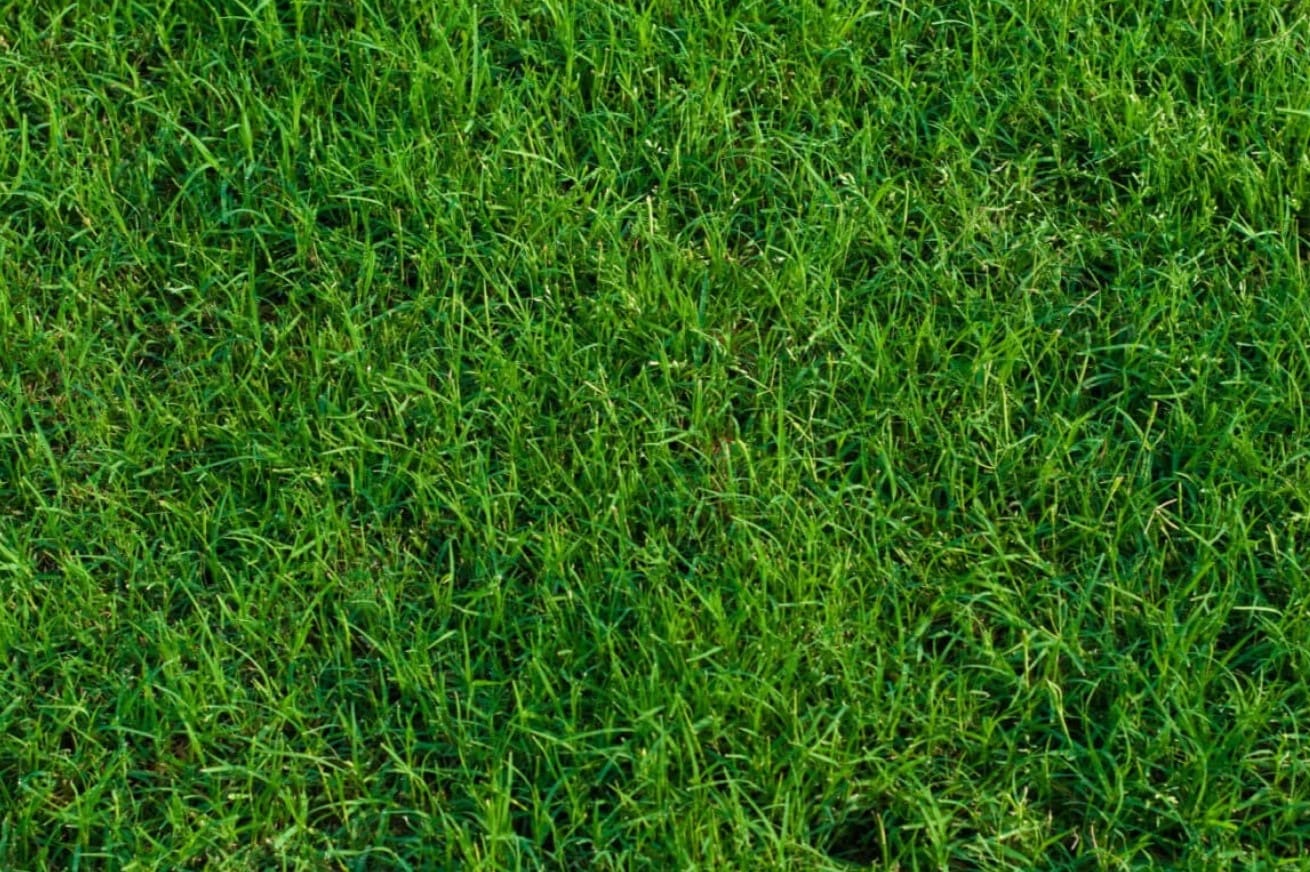

Landscaping Ideas
What Type Of Bermuda Grass To Have
Modified: March 26, 2024
Discover the best landscaping ideas for Bermuda grass varieties and choose the perfect type for your lawn. Enhance your outdoor space with the right Bermuda grass for your landscaping needs.
(Many of the links in this article redirect to a specific reviewed product. Your purchase of these products through affiliate links helps to generate commission for Storables.com, at no extra cost. Learn more)
**
Introduction
**
When it comes to creating a lush, vibrant lawn, choosing the right type of Bermuda grass is crucial. Bermuda grass is a popular choice for lawns due to its durability, drought resistance, and ability to thrive in various climates. However, with several different types of Bermuda grass available, selecting the best one for your specific needs can be a daunting task.
In this comprehensive guide, we will explore the common types of Bermuda grass, factors to consider when choosing the right variety, and the best types of Bermuda grass for different climates. Whether you're aiming for a resilient, low-maintenance lawn or a sports field that can withstand heavy foot traffic, understanding the characteristics of different Bermuda grass types will help you make an informed decision that aligns with your landscaping goals.
Key Takeaways:
- Choose the right Bermuda grass based on climate, foot traffic, maintenance, soil, and aesthetic preferences for a vibrant, enduring lawn that thrives in its environment.
- Different Bermuda grass varieties suit warm, transitional, cold climates, and drought-prone regions, ensuring a resilient, thriving lawn tailored to unique environmental demands.
Read more: How To Tell What Type Of Grass You Have
Common Types of Bermuda Grass
Before delving into the specific characteristics of Bermuda grass varieties, it’s essential to understand that Bermuda grass can be broadly categorized into two main types: common Bermuda grass and hybrid Bermuda grass. Each type has distinct traits that make it suitable for different applications.
Common Bermuda Grass:
Common Bermuda grass (Cynodon dactylon) is a warm-season grass known for its aggressive growth and resilience. It thrives in full sun and is well-suited for high-traffic areas, making it a popular choice for sports fields, parks, and golf courses. This type of Bermuda grass is known for its rapid spread through both above-ground stolons and below-ground rhizomes, allowing it to quickly fill in bare spots and create a dense, lush lawn.
Hybrid Bermuda Grass:
Hybrid Bermuda grass varieties, such as Tifway 419 and Tifgreen 328, are the result of crossbreeding different Bermuda grass strains to create hybrids with specific desirable traits. Hybrid Bermuda grass is often favored for its finer texture, enhanced drought tolerance, and improved disease resistance compared to common Bermuda grass. These characteristics make hybrid Bermuda grass an excellent choice for residential lawns, golf course fairways, and other landscapes where a more manicured appearance is desired.
Other Varieties:
Aside from common and hybrid Bermuda grass, there are several popular cultivars, including Celebration, TifGrand, and Yukon, each with its own unique attributes. These varieties may offer features such as superior cold tolerance, increased shade tolerance, or exceptional heat resistance, catering to specific environmental conditions and landscaping preferences.
Understanding the distinctions between common and hybrid Bermuda grass, as well as the diverse cultivars available, is crucial for selecting the most suitable option for your landscaping project. Factors such as climate, intended use, maintenance requirements, and aesthetic preferences will play a significant role in determining the ideal type of Bermuda grass for your specific needs.
Factors to Consider When Choosing Bermuda Grass
When selecting the most suitable type of Bermuda grass for your lawn or landscaping project, several essential factors should be taken into account to ensure optimal performance and long-term satisfaction. By carefully considering these factors, you can make an informed decision that aligns with your specific needs and environmental conditions.
Climate and Growing Conditions:
The local climate and growing conditions play a pivotal role in determining the ideal Bermuda grass variety for your lawn. Factors such as temperature extremes, average rainfall, and sunlight exposure will influence the grass’s ability to thrive. It’s crucial to choose a Bermuda grass type that is well-adapted to your region’s climate, ensuring that it can withstand heat, drought, and potential cold snaps with resilience.
Intended Use and Foot Traffic:
Consider the intended use of the lawn or landscape area when selecting Bermuda grass. If the area will experience heavy foot traffic, such as a sports field or recreational space, a robust and wear-resistant variety like common Bermuda grass may be the most suitable choice. For residential lawns or golf course fairways, a finer-textured hybrid Bermuda grass with enhanced aesthetic appeal may be preferred.
Maintenance Requirements:
Assess the maintenance demands of different Bermuda grass types before making a selection. While common Bermuda grass is known for its rapid growth and vigorous spreading, it may require more frequent mowing and maintenance to keep it in check. Hybrid Bermuda grass varieties often have a slower growth rate and may necessitate less frequent maintenance, making them an attractive option for homeowners seeking a low-maintenance lawn.
Soil Quality and Drainage:
Understanding the soil quality and drainage characteristics of your landscape is crucial for choosing the right Bermuda grass. Different varieties have varying soil and pH requirements, so it’s essential to select a type that can thrive in your specific soil conditions. Additionally, considering the drainage capacity of the soil is vital to prevent waterlogging, which can adversely affect the health of the grass.
Aesthetic Preferences:
Take into account your aesthetic preferences when selecting Bermuda grass. Some homeowners may prefer the lush, dense growth of common Bermuda grass, while others may favor the refined appearance of hybrid varieties. Additionally, certain Bermuda grass cultivars offer unique visual traits, such as enhanced color retention or improved uniformity, allowing you to tailor the grass selection to match your desired aesthetic outcome.
By carefully evaluating these critical factors and considering how they align with your specific landscaping goals, you can confidently choose the most suitable type of Bermuda grass for your lawn or outdoor space. Each factor plays a crucial role in determining the long-term success and resilience of the grass, making informed decision-making essential for a thriving, vibrant landscape.
Choose a Bermuda grass variety based on your climate and maintenance preferences. Common types include Tifway 419 for high-traffic areas, Celebration for shade tolerance, and TifTuf for drought resistance.
Best Types of Bermuda Grass for Different Climates
Choosing the best type of Bermuda grass for your specific climate is paramount to achieving a thriving, resilient lawn that can withstand environmental challenges and seasonal variations. Different Bermuda grass varieties exhibit varying levels of heat tolerance, cold hardiness, and overall adaptability, making it essential to select a type that aligns with your region’s climate characteristics.
Warm-Season Climates:
For regions characterized by hot, humid summers and mild winters, warm-season Bermuda grass varieties such as Tifway 419 and Celebration are excellent choices. These varieties thrive in the warmth and exhibit exceptional heat tolerance, allowing them to maintain vibrant green coloration and vigorous growth during the peak of summer. Additionally, warm-season Bermuda grass types are well-suited for areas with minimal risk of frost or prolonged cold spells, making them ideal for southern and coastal regions.
Cool-Season Transition Zones:
In transitional climates where both warm summers and cold winters are experienced, selecting a Bermuda grass variety with adaptability to temperature extremes is crucial. Certain hybrid Bermuda grass cultivars, such as TifGrand and Yukon, are well-suited for these transition zones. These varieties exhibit enhanced cold tolerance while retaining the desirable traits of hybrid Bermuda grass, making them suitable for regions where temperature fluctuations pose a challenge to traditional warm-season grasses.
Cold-Season Climates:
For regions with cold winters and moderate to high snowfall, cold-hardy Bermuda grass varieties like Riviera and Mohawk are optimal choices. These varieties are specifically bred to withstand freezing temperatures and exhibit robust recovery in the spring, making them suitable for northern climates where traditional warm-season grasses would struggle to survive. Cold-season Bermuda grass types offer the resilience and adaptability needed to maintain a lush lawn in challenging winter conditions.
Drought-Prone Regions:
In areas susceptible to drought and limited water availability, selecting a drought-tolerant Bermuda grass variety is essential for sustainable landscaping. Drought-resistant types such as TifTuf and Arden 15 are designed to thrive in arid conditions, exhibiting exceptional water efficiency and resilience during periods of drought stress. These varieties are well-suited for regions where water conservation is a priority, allowing for the creation of vibrant, water-efficient lawns.
By considering the specific climate characteristics and environmental challenges of your region, you can identify the most suitable type of Bermuda grass to ensure a resilient, thriving lawn. Understanding the heat tolerance, cold hardiness, and water efficiency of different Bermuda grass varieties enables you to make an informed choice that aligns with your climate’s unique demands, ultimately contributing to the long-term success of your landscaping endeavors.
Conclusion
Choosing the right type of Bermuda grass is a pivotal decision that significantly impacts the health, resilience, and visual appeal of your lawn or outdoor space. By understanding the characteristics of common and hybrid Bermuda grass varieties, considering essential factors such as climate suitability, intended use, maintenance requirements, soil compatibility, and aesthetic preferences, and selecting the best type for your specific climate, you can create a vibrant, enduring landscape that thrives in its environment.
Whether you’re seeking a robust, wear-resistant grass for a sports field, an elegant, finely textured lawn for your home, or a drought-tolerant variety for water-efficient landscaping, the diverse range of Bermuda grass types offers options tailored to various needs and environmental conditions. By leveraging the unique traits of different Bermuda grass varieties, you can cultivate a lawn that not only withstands the rigors of its surroundings but also enhances the beauty and functionality of your outdoor space.
Ultimately, the process of selecting the best type of Bermuda grass involves a thoughtful assessment of your landscaping goals, environmental considerations, and long-term vision for your lawn. By integrating these elements with a deep understanding of Bermuda grass characteristics and climate suitability, you can make an informed decision that sets the foundation for a resilient, thriving landscape that brings joy and vitality to your outdoor living experience.
With the knowledge gained from this guide, you are well-equipped to embark on the journey of choosing the ideal Bermuda grass variety that aligns with your unique preferences and environmental requirements, paving the way for a lush, enduring lawn that serves as a testament to the beauty and resilience of nature.
Frequently Asked Questions about What Type Of Bermuda Grass To Have
Was this page helpful?
At Storables.com, we guarantee accurate and reliable information. Our content, validated by Expert Board Contributors, is crafted following stringent Editorial Policies. We're committed to providing you with well-researched, expert-backed insights for all your informational needs.
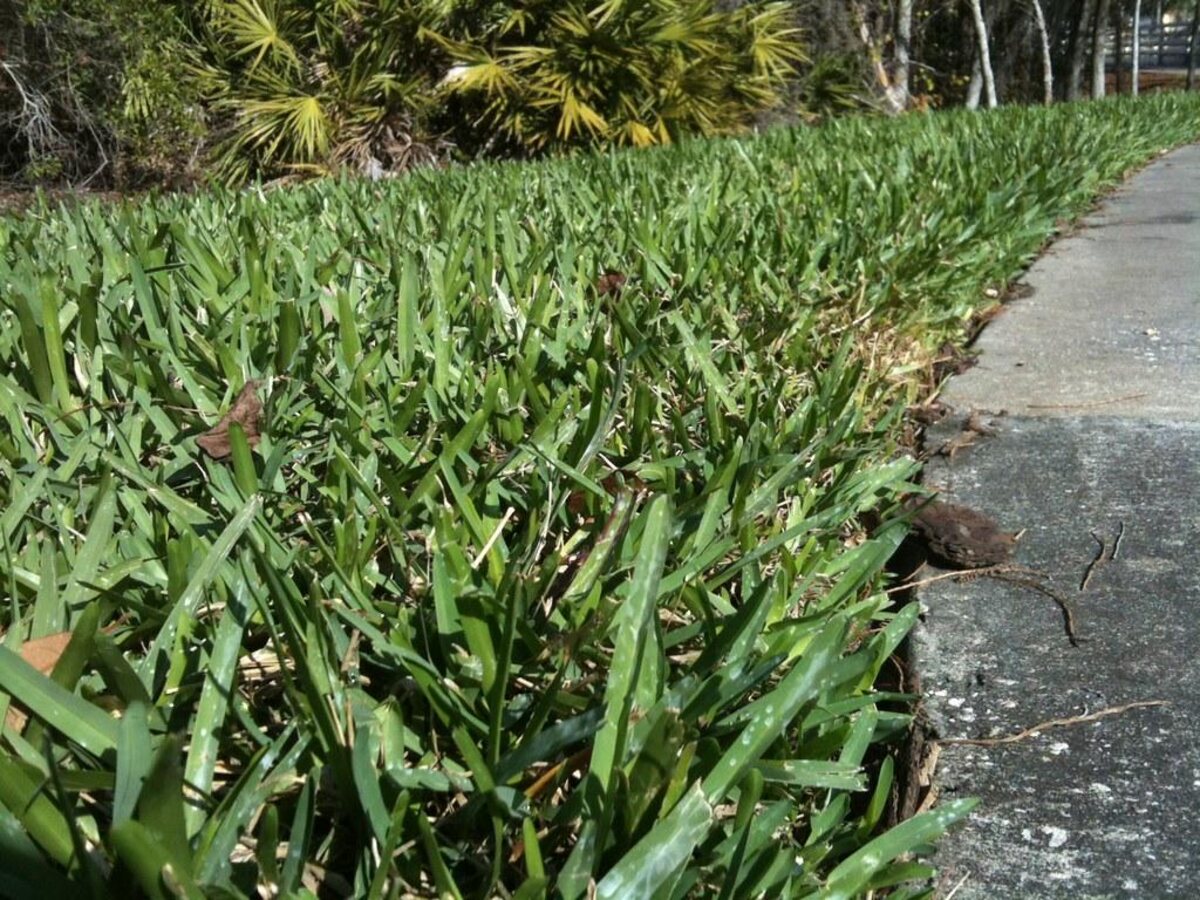

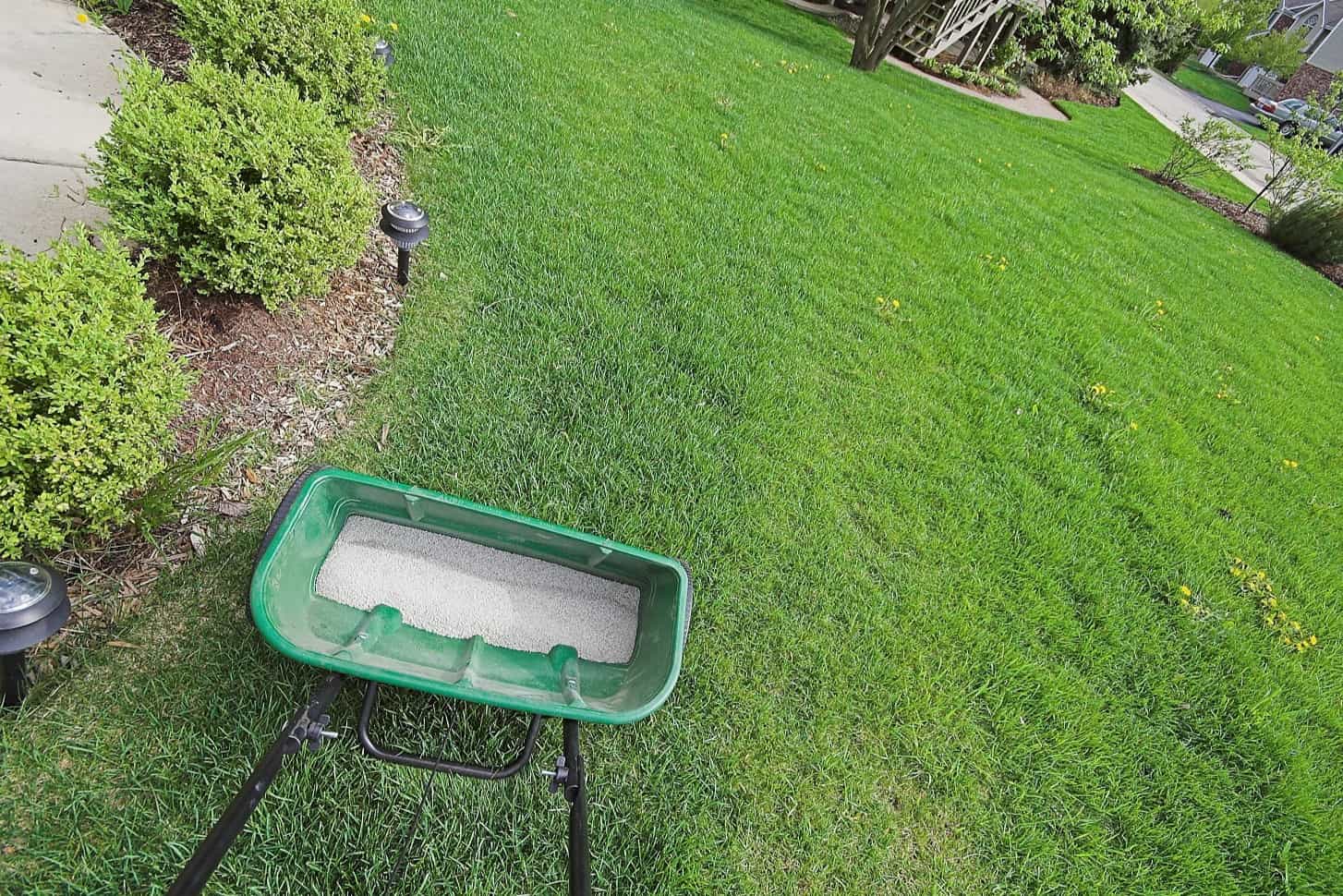
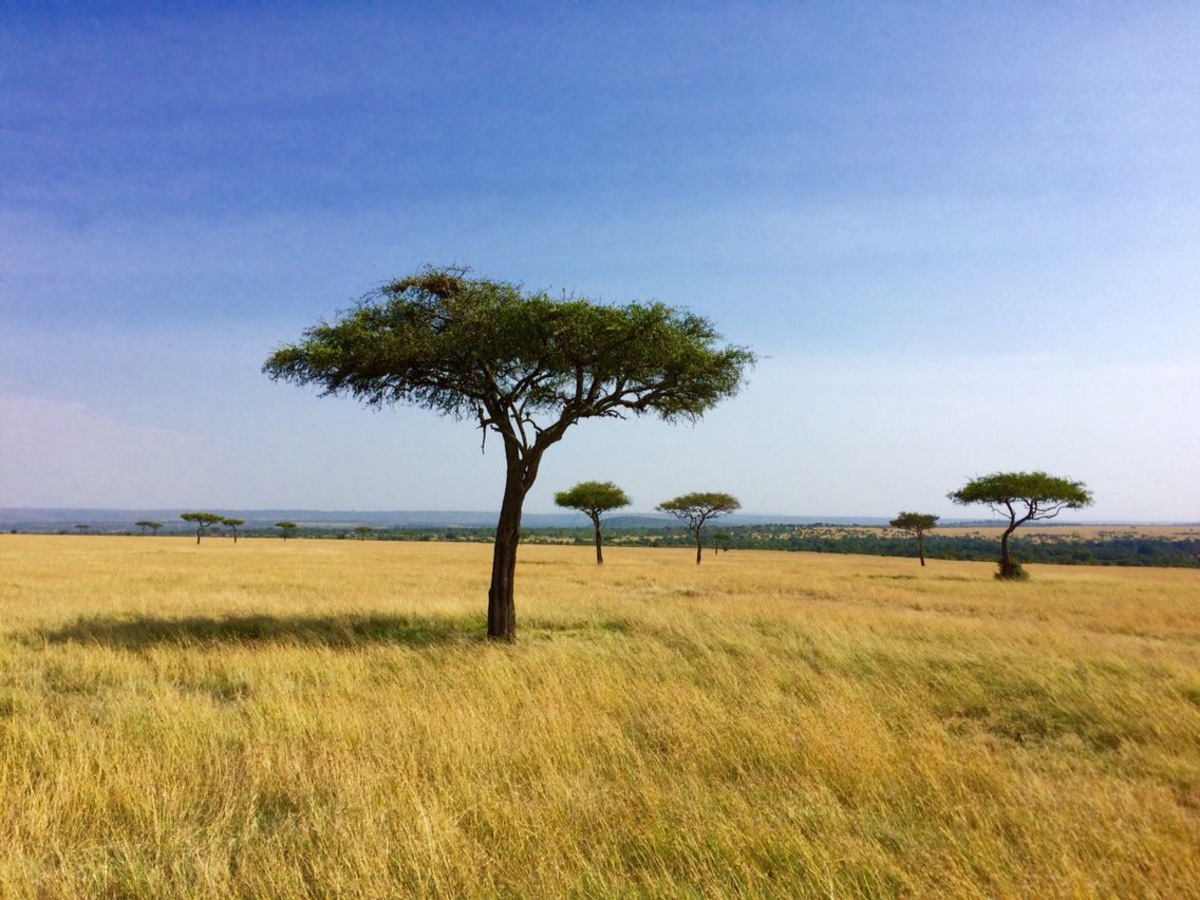
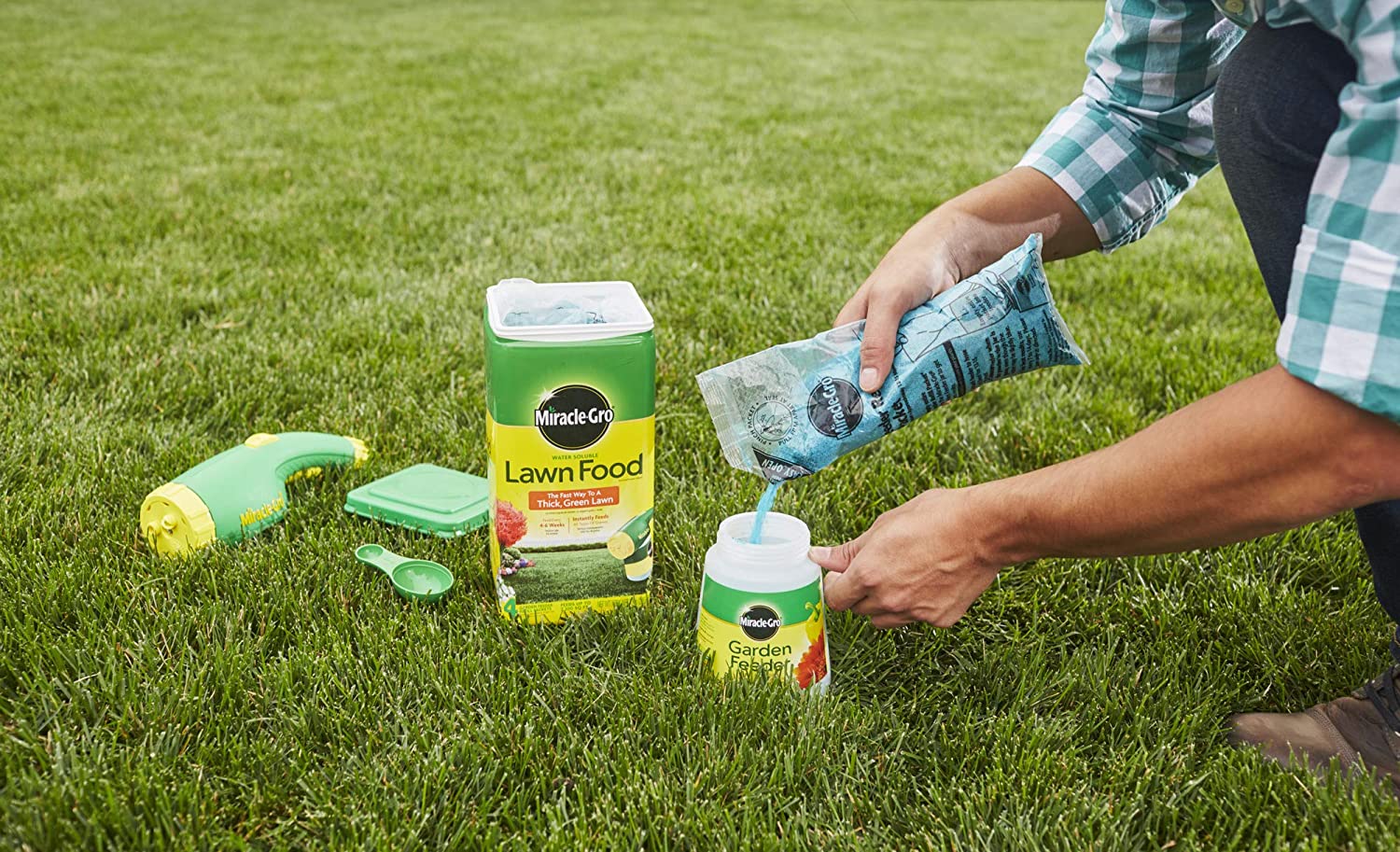
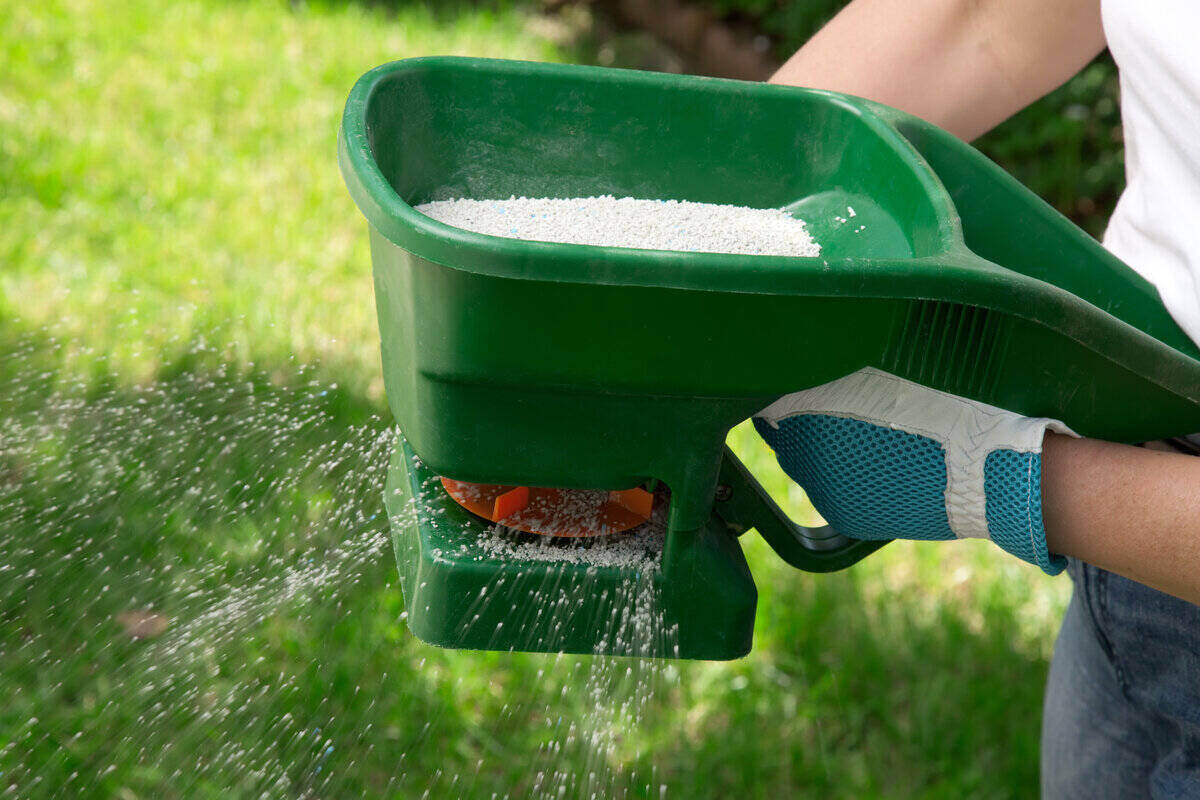


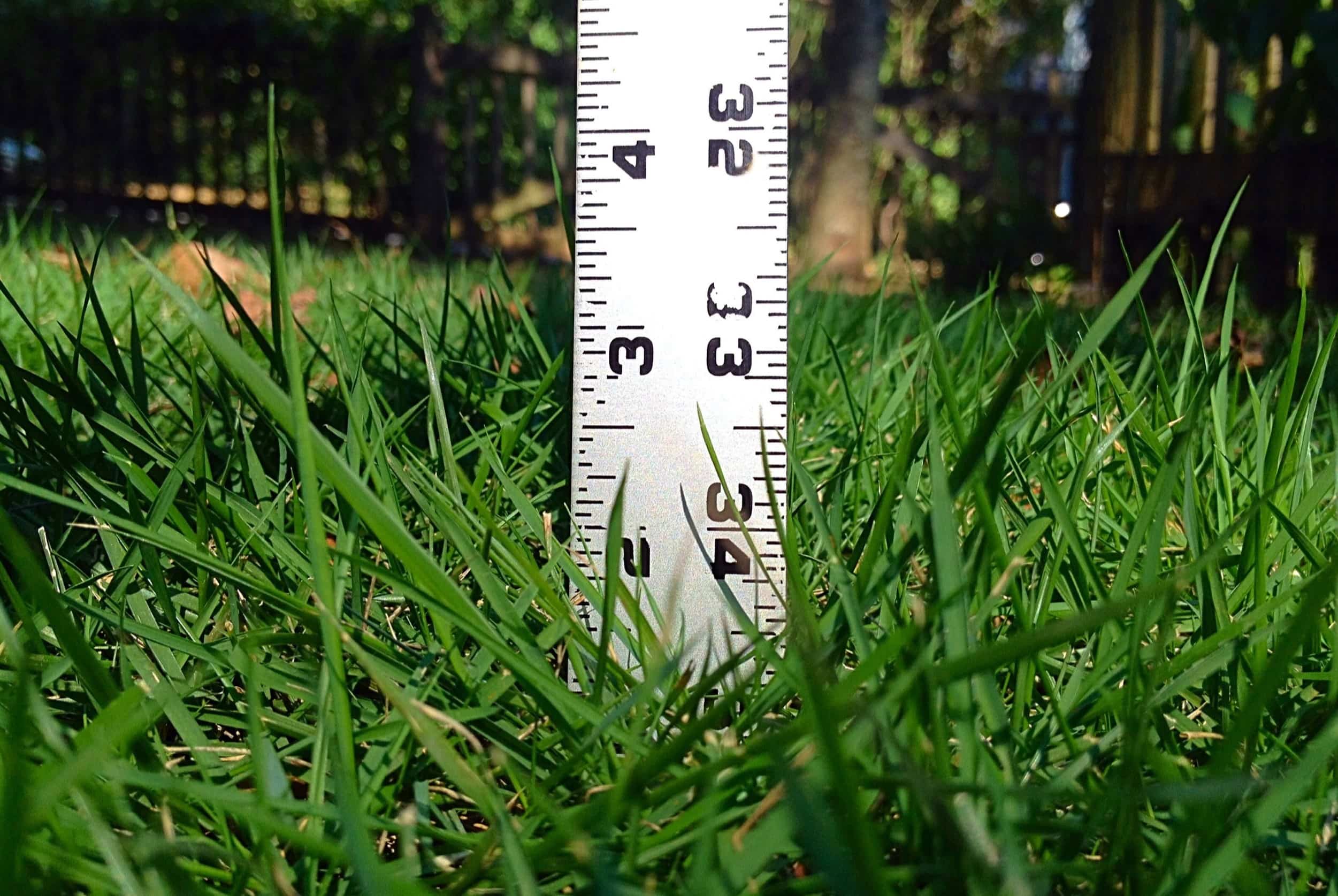
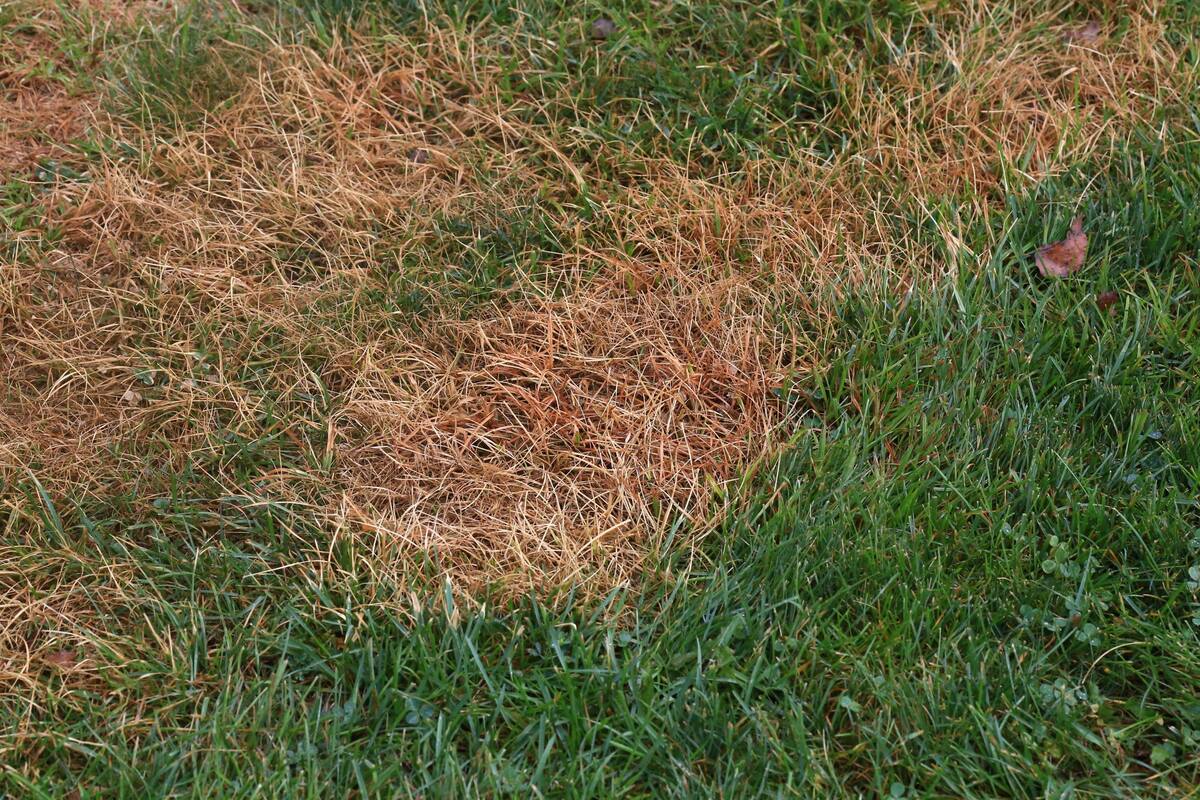
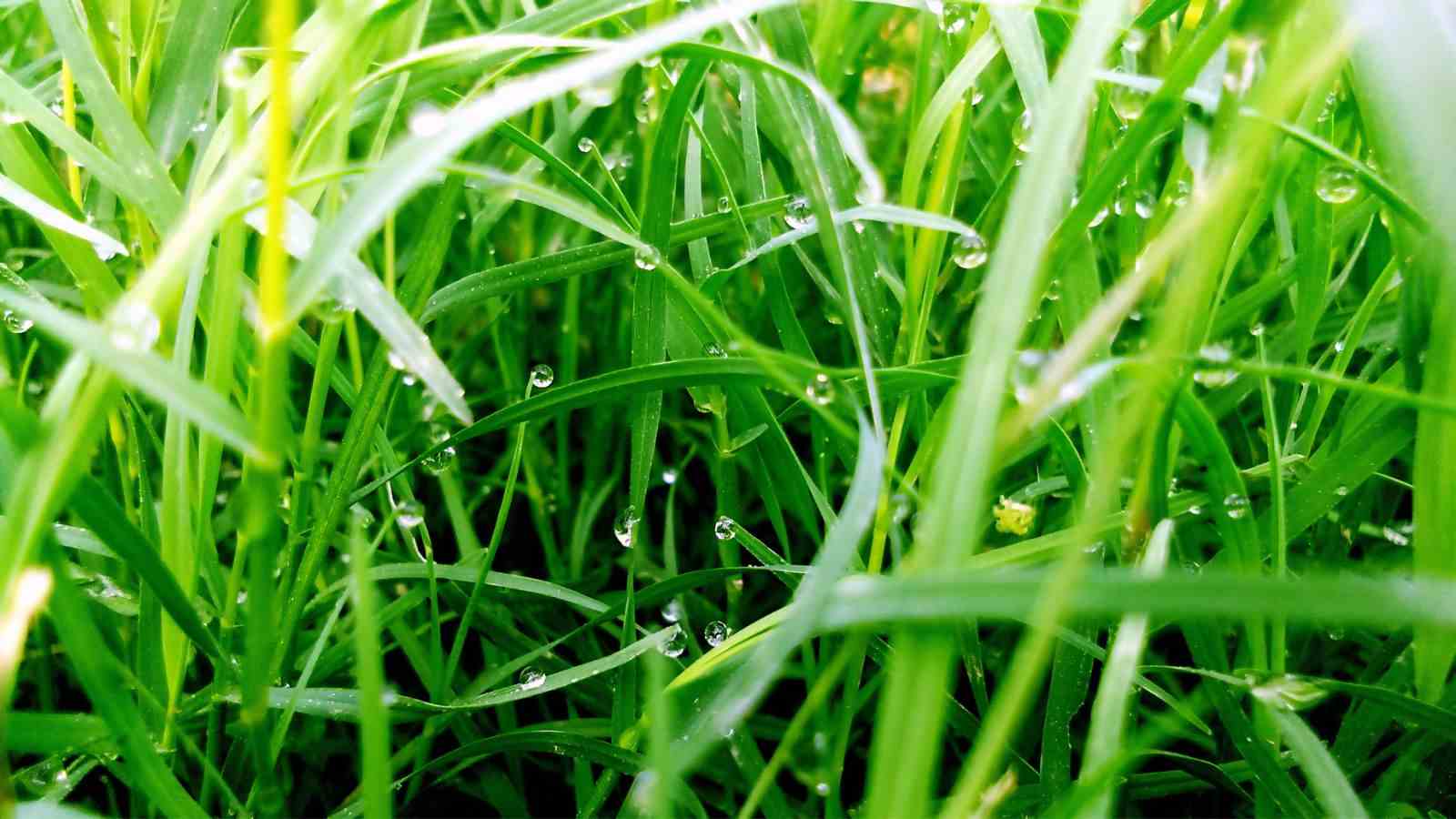
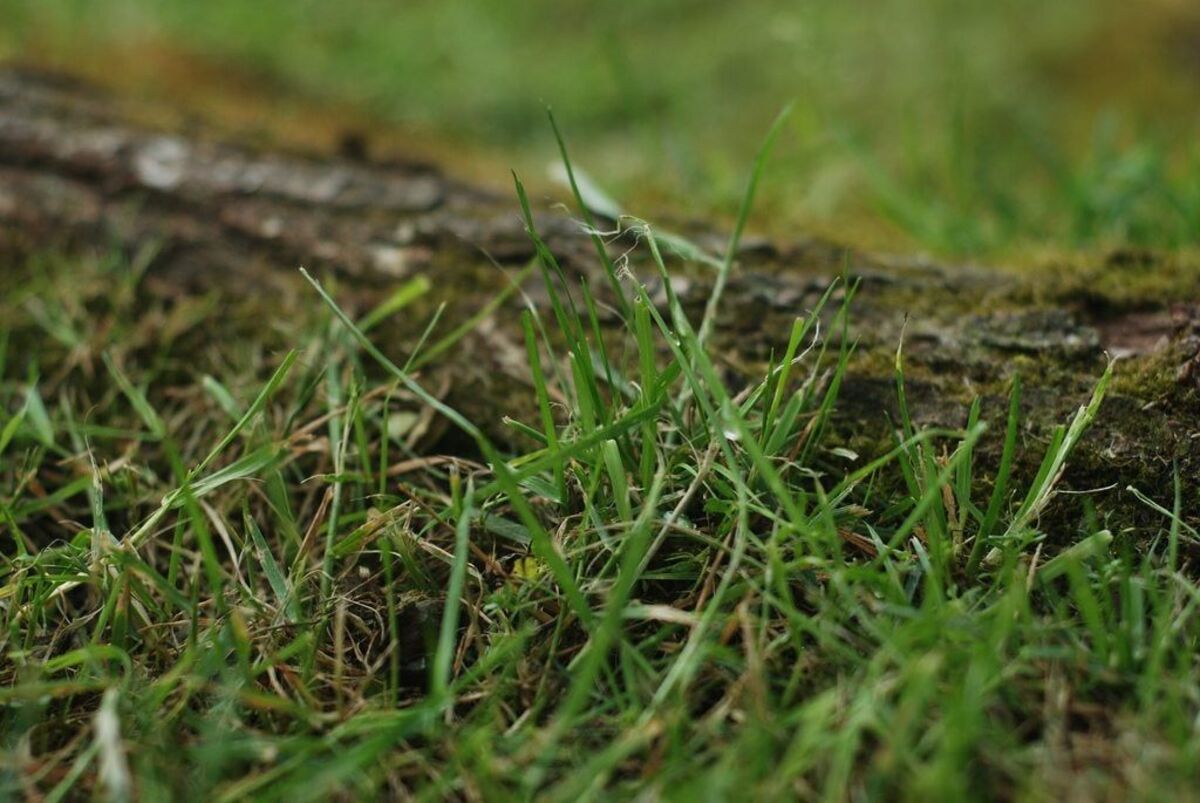
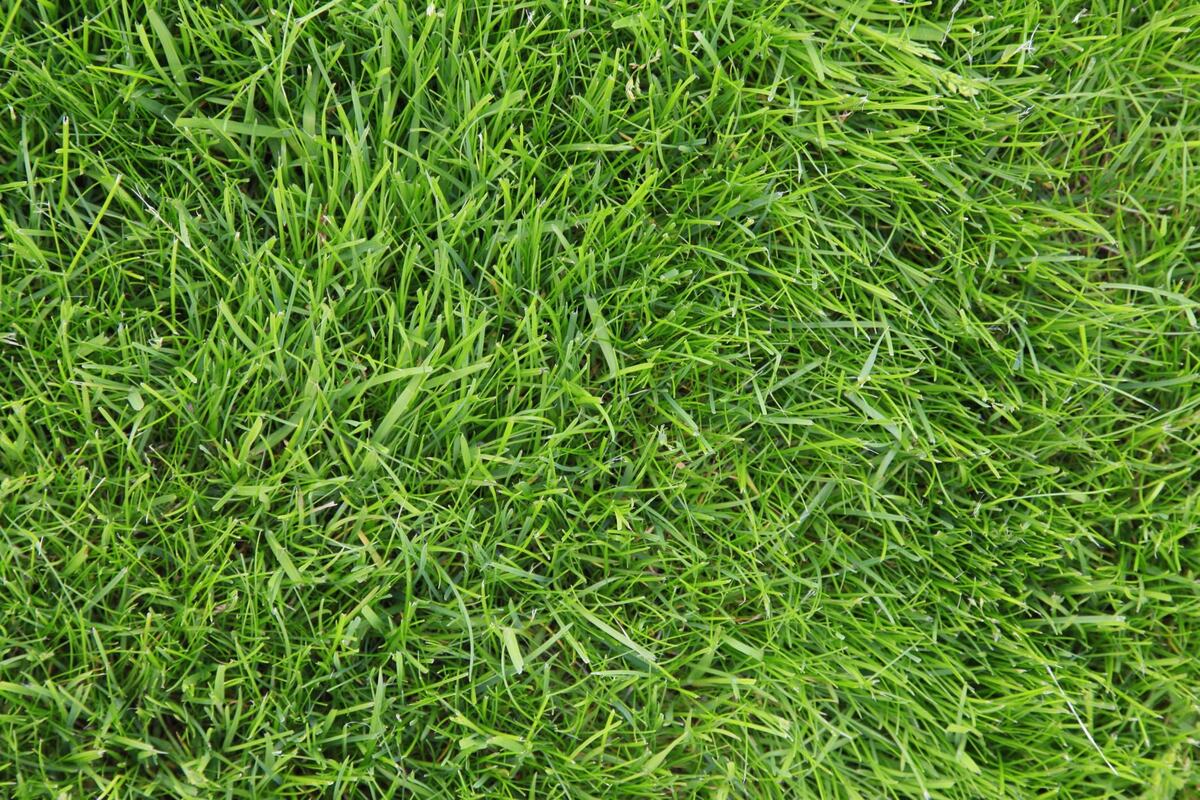
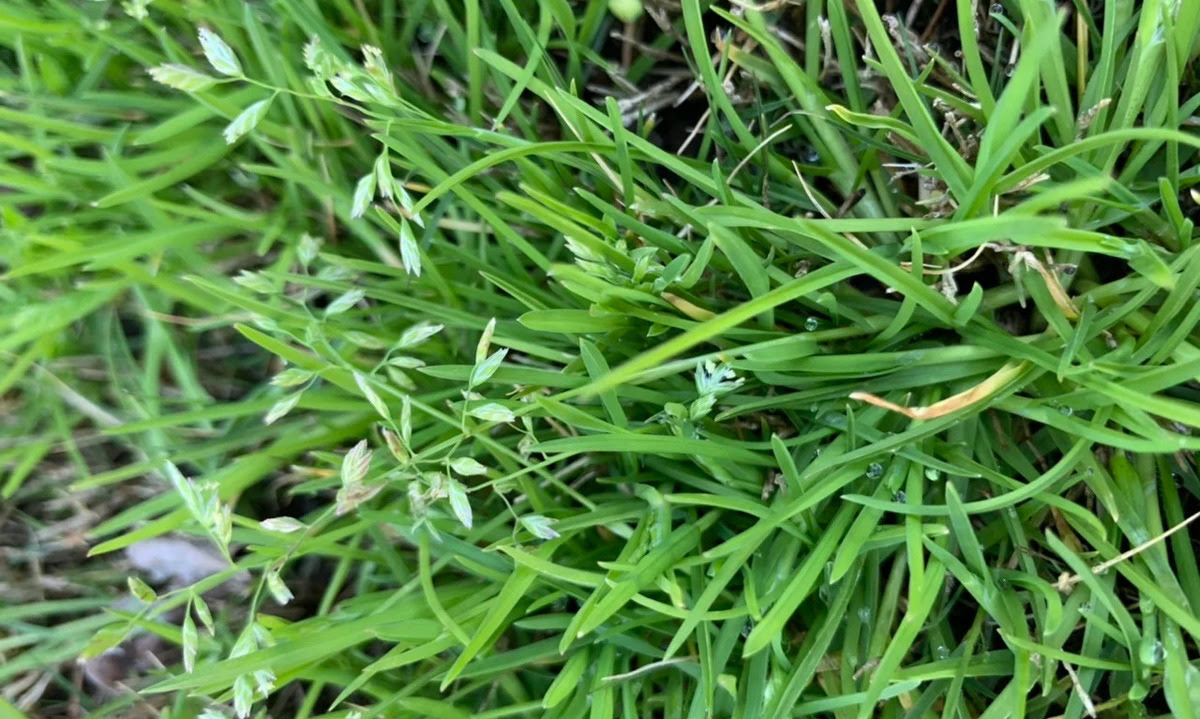
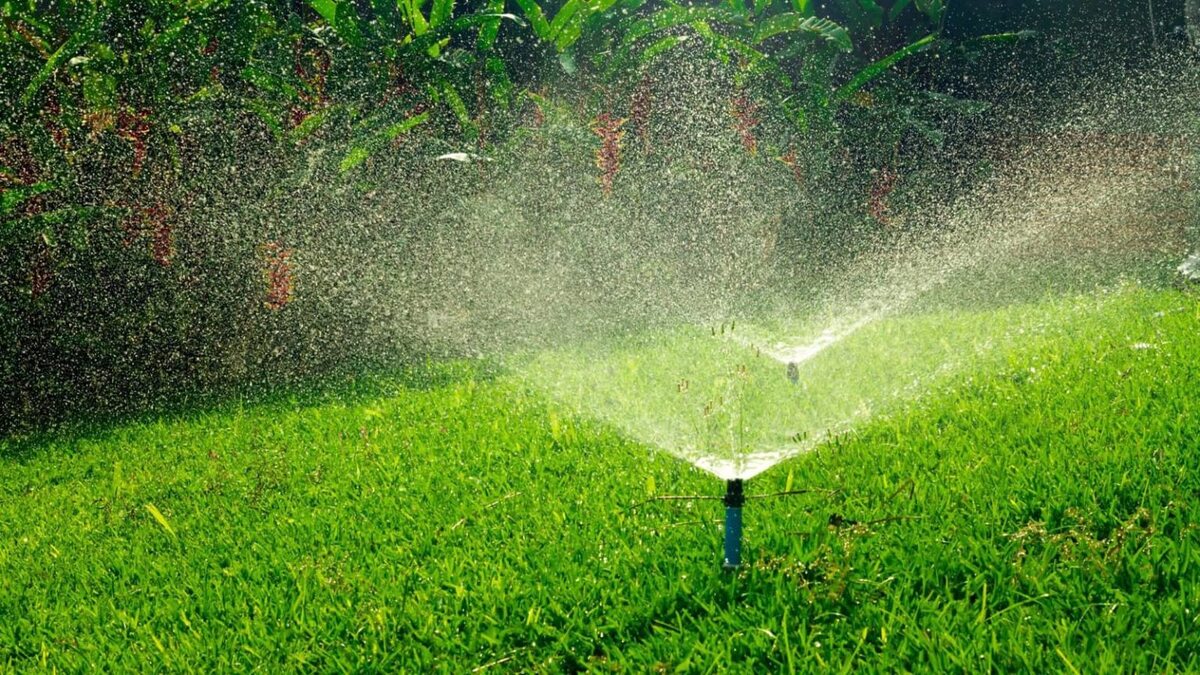

0 thoughts on “What Type Of Bermuda Grass To Have”